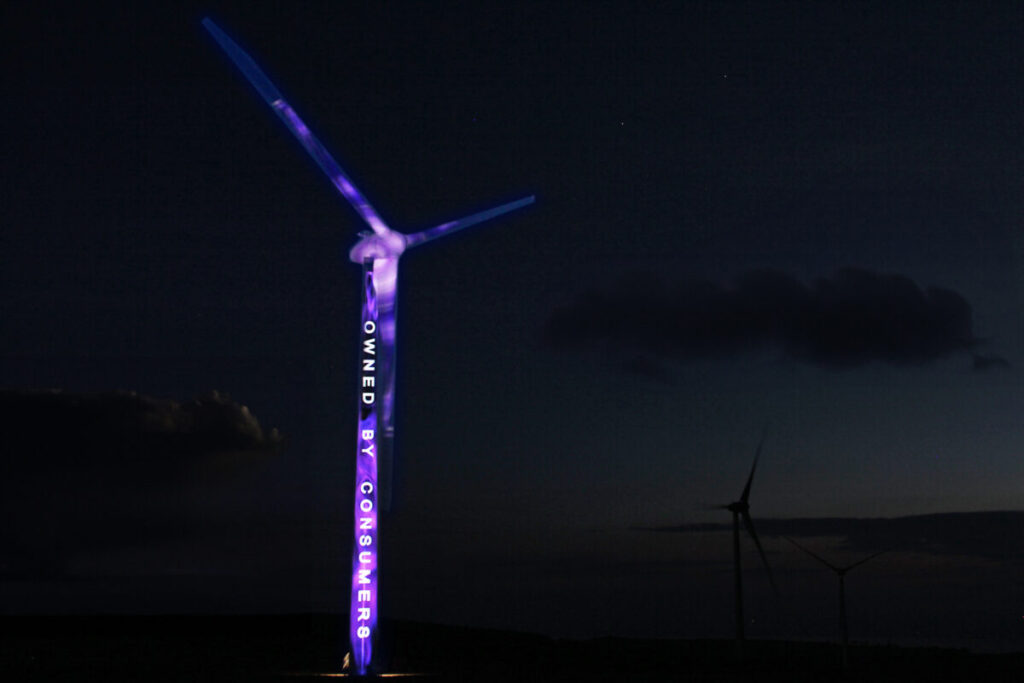Community-owned energy cooperative Ripple Energy has called on the UK government to remove barriers to joining energy cooperatives in order to speed up the green transition.
Ripple Energy is calling for the UK government to remove taxes on bill savings gained from renewable energy cooperative membership, which can reduce bill savings by as much as 40%. Additionally, the energy co-operative is asking the newly launched GB Energy to make low-cost loans or grants available to those on lower incomes who want to buy a share of a wind farm or solar park, as well as simplifying the path to accessing green energy levy exemptions for those who access their energy from their own wind farm or solar park.
Energy cooperatives allow people who are unable to have their own installed solar panels, such as renters or those who live in flats, to own a stake in a renewable energy project and enjoy the cost and environmental benefits. However, Ripple Energy has drawn attention to the financial challenges that are currently preventing potential energy co-op members from taking part.
Currently, members are able to access an exemption to the green energy levy, but this necessitates the use of unlicenced energy suppliers or private wire networks; as such, Ripple Energy is asking for the exemption system to be expanded and simplified so that any cooperative member can access it.
Ripple Founder and CEO, Sarah Merrick, said: “We’re at a critical point in the UK’s energy transition, with the new Government pledging to speed up renewables deployment and the biggest expansion in community energy in British history.
“At Ripple, we absolutely believe that’s possible, but only by going big on people-owned power. We need lots of new wind farms and solar parks to achieve the Government target of green power by 2030; people shouldn’t be locked out of the transition.
“Energy cooperatives are the solution. They democratise energy ownership by enabling people to be part of large-scale projects. Crucially, they also protect people against price hikes from the energy market and geopolitical volatility. ”
Merrick added: “We wholeheartedly support the Government’s aim to unleash the biggest expansion of community energy in history. Energy cooperatives are communities in their own right, and by implementing these three simple asks, the true potential of community energy in Britain can be realised with nobody left behind or penalised for their contribution.”






